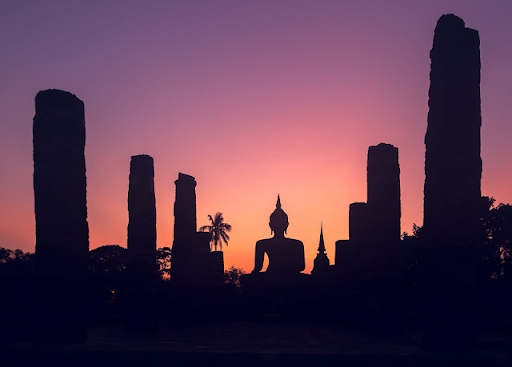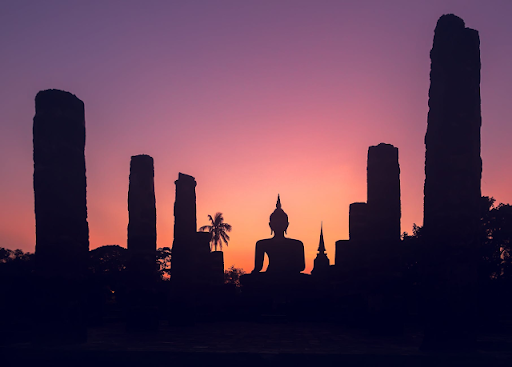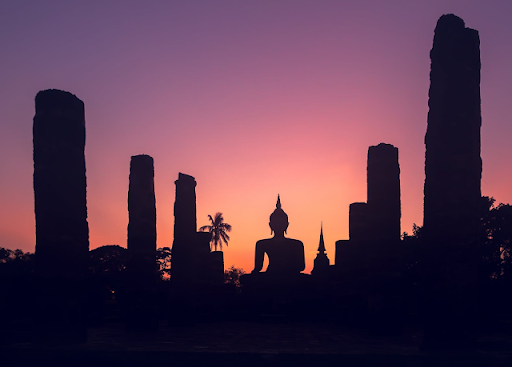A Quote From A Revolutionary Who Despised the US System of Government...

Above all, always be capable of feeling deeply any injustice committed against anyone, anywhere in the world. This is the most beautiful quality in a revolutionary. Che Guevara In America today the signs of civil unrest are growing. Driven by ignorance and greed. Corporations and politicians - lying to folks and playing on the peoples fears to keep them in line. In the wealthiest of nations (the USA) people go hungry and many are unable to secure the medical treatments they need. In a nation that claims to value freedom (the USA) more people rest in a prison cell than anywhere else on the planet. Why? America is in need of an American Che Guevara. One who can actually unite us once again in a common effort to secure the blessings this land/nation has to offer to ALL of its inhabitants. Every last one of them.



